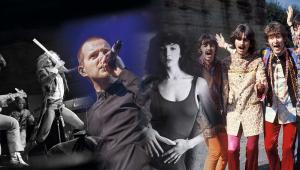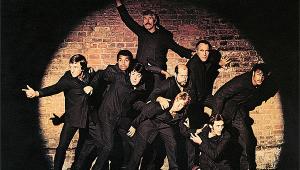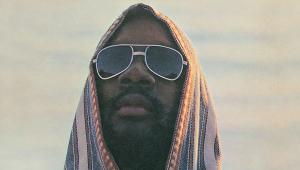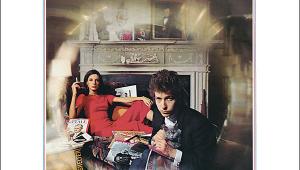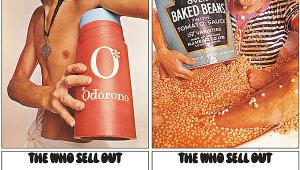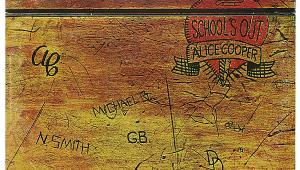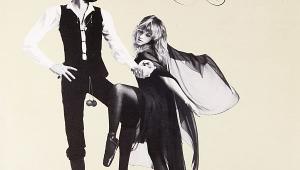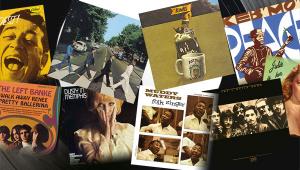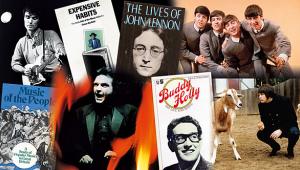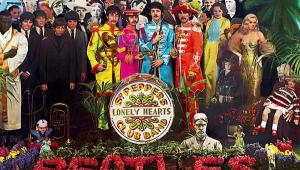Bop 'til you shop... An Insider's Take
Steve Parker is uniquely placed to look back on how merchandising has impacted the face of the music business. As well as having been a manager and agent for artists as diverse as 10cc, John Martin and Uriah Heep, he now owns and edits Audience magazine, a globally distributed publication for the contemporary live music business.

'When I started managing bands in the early '70s,' Parker tells me, 'you virtually had to pay people to wear a t-shirt with your artist's logo on it. But wearing a band's t-shirt was a real sign of allying with the group, because you could only get the shirts at gigs. By the 1980s, however, retail clothing shops were starting to sell artist t-shirts. That meant teenage girls who knew nothing about the bands could buy the shirt because they thought it looked cool.
'Nowadays, it's about building your artist into a brand, and there's money in it if you do it right, but there are significant costs involved getting the items manufactured and, in the case of t-shirts, having them printed. Then you have to package them, transport them, and pay a commission – maybe 20% – to the venue. You need to create a space in which to sell them, and pay people to actually sell them, maybe another 10%. So the margins are tight. But if you carry the right merchandise, such as t-shirts and tour programmes, it can be profitable.
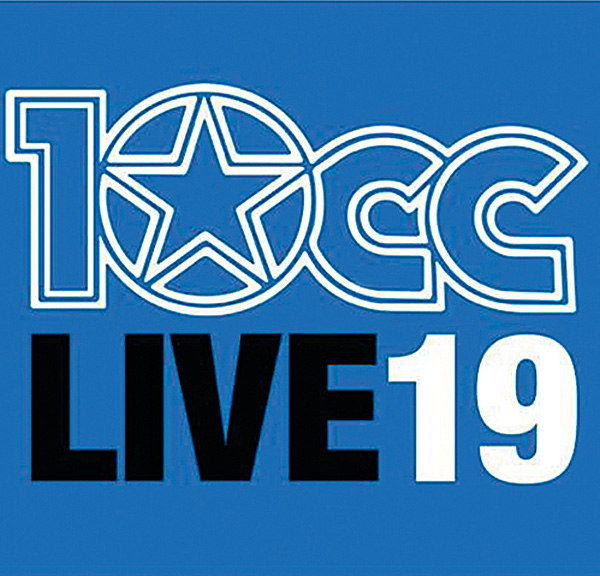
'You can also have a live LP available for sale at concerts. We do it with 10cc by recording one of the early shows on a tour, and we can have it ready for sale in the venues ten days later, with the tracks in the right order, and a message from the band, which is what the fans want.
'A word of warning though, if you over-order on tour merchandise you can be left with a ton of stuff you can't get rid of when the tour ends, because you have to create new merch for every tour. People come to a show and they want to take a souvenir away with them, even if it's just a keyring or a lanyard. With the rise of online, however, you can have on-demand t-shirts so you don't have to store them anywhere. Also, t-shirts can now be sold online even after the tour has ended, because there are fans in Japan, Russia and elsewhere who will buy them.'
